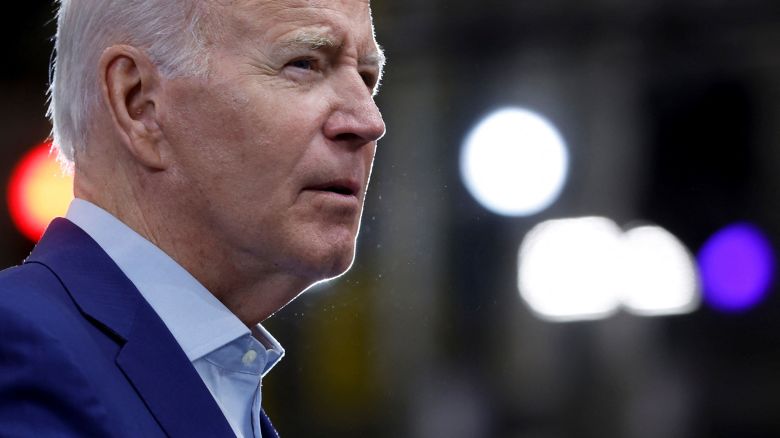Biden defends communications with social media companies

In court on Thursday, the Biden administration defended its communication with Social media giants, arguing that those channels must remain open so that the government can protect the public from threats to election security and Covid-19 misinformation.
As social media becomes an informational battleground for major social issues, the closely watched court case reflects this trend. As social media companies attempt to manage the massive amounts of information on their platforms, the report has revealed messy challenges.
Independent researchers, watchdog groups, and government officials have warned that malicious actors will flood the internet with bogus and divisive material ahead of the 2024 elections, disrupting the country’s democracy.
In oral arguments before a New Orleans-based federal appeals court, the US government challenged a July injunction blocking several federal agencies from discussing certain social media posts and sharing other information with online platforms. According to state governments, those communications amount to unconstitutional censorship.
Last month, the appeals court blocked the injunction from taking effect. It will be up to Thursday’s arguments to determine the fate of the order, which limits the Departments of Homeland Security, Health and Human Services and other federal agencies from coordinating with tech companies and civil society groups.
Biden administration argued that if upheld by the US Court of Appeals for the Fifth Circuit, the injunction would suppress a wide range of public-private partnerships and undermine the federal government’s mission to protect the public.
“If, for instance, there were untrue statements circulating on social media that were damaging to the public interest in the aftermath of a natural disaster, the government would be powerless under the injunction to prevent social media companies from spreading those incorrect statements further,” said Daniel Tenny, a Justice Department lawyer.
The Fifth Circuit will now decide how executive agencies might respond to those threats through a three-judge panel.
The issue is whether the US government unconstitutionally forced social media platforms to censor users’ speech, particularly when it flagged posts that violated the platforms’ own terms of service.
The three judges hearing the appeal did not give much indication of how they would rule during more than an hour of oral arguments Thursday, with one judge asking only two questions. The other two spent a great deal of time pressuring the Biden administration and the plaintiffs on whether the states had standing to bring the lawsuit and the scope of the injunction.
Not only are they considering the request to reverse the lower court’s injunction, but also a request from the administration to pause the injunction while the judges consider the challenge.
In briefs submitted to the court ahead of Thursday’s hearing, the Biden administration argued that a lower court judge was incorrect when he identified government communications with social media companies as potentially, in his words, “the largest attack against free speech in [sic] history.”
“There is a categorical, well-established distinction between persuasion and coercion,” the administration’s lawyers wrote, adding that the lower court “equated legitimate efforts at persuasion with illicit efforts at coercion.”
According to the administration’s opponents in the case, including the states of Missouri and Louisiana, the government’s communications with social media companies violate the First Amendment as even “encouragement short of compulsion can transform private conduct [by social media companies] into government action” that violates speech rights.
Each of these federal agencies has intervened in the content moderation decisions of major social media platforms,” D. During the hearing, Louisiana’s attorney told the judges that each of these federal agencies had intervened. According to him, hypothetically speaking, “The Surgeon General can say, ‘All this speech is terrible, it’s terrible.’… The only thing he can’t do is pick up the phone and say, “Take it down.”
It was largely the definition of coercive communication and how courts have analyzed government pressure against private parties that dominated Thursday’s oral arguments.
